Agricultural Crisis and Farmers-Friendly Reforms in India
According to the Fifth Annual Employment Umemployment Survey of the Ministry of Labour and Employment 45.7 percent of India’s workforce in 2014-15 was employed in agriculture. Around 13 to 14 percent of India’s national income originates from the agricultural sector. Agricultural sector, thus, occupies a key position in the Indian economy, at least in terms of employment.
Regrettably, agricultural sector in India has been witnessing loss of dynamism in recent years. The sector, as a whole, has showed poor performance lately. Signs of agrarian distress are visible in parts of county. The spate of suicides by farmers in some areas is the most disconcerting manifestation of this distress. Marginal and small farmers have borne the brunt of the adverse circumstances in agriculture.
Agricultural crisis has increased overtime due to a number of reasons but mainly owing to widening disparities between agricultural and non agricultural sectors, resulting in burgeoning gap between the incomes generated per worker from the two sectors.
Concerned by the slow growth in the agriculture and allied sectors, the Government of India has launched a series of programmes/schemes in recent years to rejuvenate agriculture and improve farm incomes. These, inter alia, have included the following:
Rashtriya Krishi Vikas Yojana (RKVY)
Pradhan Mantri Kisan SAMPADA Yojana.
Doubling farmers income by 2022-23.
Pradhan Mantri Fasal Bima Yojana (PMFBY).
Pradhan Mantri Krishi Sinchai Yojana (PMKSY).
Farm Loan waivers.
Under national agricultural market (e-NAM), farmers can sell their produce on the inernet. e-NAM is envisaged as a pan-India electronic trading portal which seeks to network the existing agriculural produce market committees (APMCs) and other market yards to create unified national market for agricultural commodities. e-NAM is a virtual market but it has a physical market (mondi) at the back end.
India's future agricultural development will require much faster crop diversification in view of changes in consumption pattern. There is growing preference for milk and milk products, meat poultry, fish, fruits and vegetables. Areas like horticulture and floriculture also hold promise as they have higher export potential.
Accelerating the rate of growth of agricultural production must be seen as central to a more inclusive growth. It is imperative that the problems of farmers are addressed with a sense of urgency.
The present work focuses on the issues and concerns impacting the Indian agriculture. More importantly, it explains the key reform measures undertaken in recent years to mitigate agrarian distress, modernize agriculture and improve the economic conditions of the farmers, particularly small and marginalized ones.
Contents : I. Role, Nature, Institutional set-up and Current Concerns of the Agricultural Sector: 1. Land resources of India : Concerns and utilization issues. 2. Role and nature of Indian agriculture. 3. Constitutional provisions, institutional set-up and economic reforms impacting agricultural sector. 4. Loss of agricultural dynamism, shortfalls in oilseeds and post-harvest losses.5. Droughts, drylands agrarians distress and farmers suicides. 6. Climate change and Indian agriculture. 7. Gender issues in Indian agriculture. II. Farmers friendly policies and programmes: 8. Agricultural credit, rural co-operatives, and farm loan walvers. 9. Micro finance, self help groups(SHGs) and NABARD. 10. Kisan credit cards (KCCs): 11. Agricultural marketing and trade, and e-NAM. 12. Agricultural Price Policy, Food Subsidy and Public Distribution System (PDS). 13. Watershed Development and Pradhan Mantri Krishi Sinchai Yojana (PMKSY). 14. Agricultural Insurance and Pradhan Mantri Fasal Bima Yojana (PMFBY). 15. Agriculture and Information Technology (IT). 16. Agricultural Exports, Imports, and FDI. 17. Indian Agriculture and World Trade Organization (WTO). III. Specific Programmes/Schemes for Welfare of Farmers: 18. Rashtriya Krishi Vikas Yojana (RKVY), 2007. 19.1 Mega Food Parks (MFPs). 20. Doubling Farmers Income by 2022-23. 21. Other Programmes/Schemes for Agricultural Development. 22. Future Prospects and Challenges Facing Indian Agriculture. Appendix: Agriculture in India’s Five Year Plans (I to XII Plan). Bibliography. Index.
Get it now and save 10%
BECOME A MEMBER

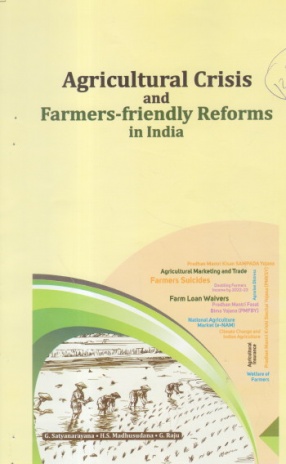
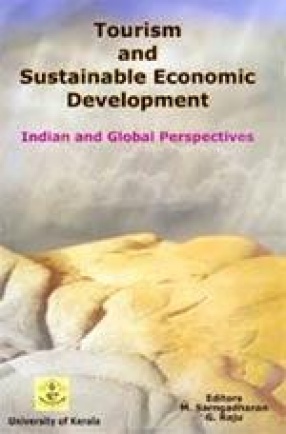
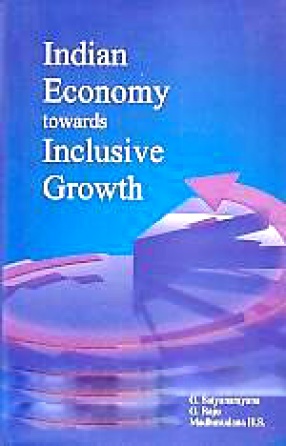
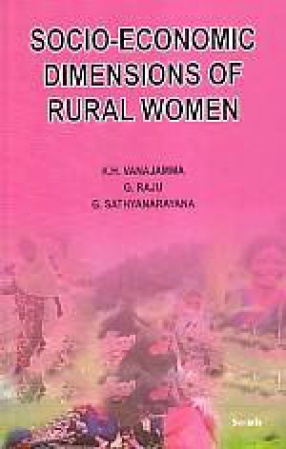
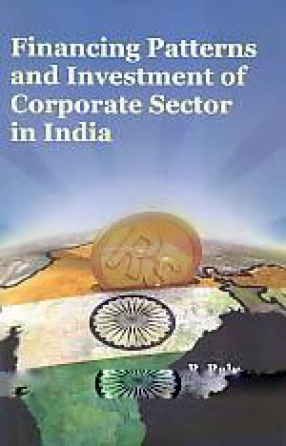
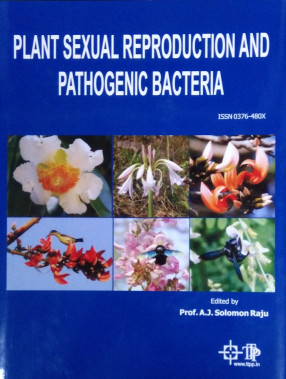
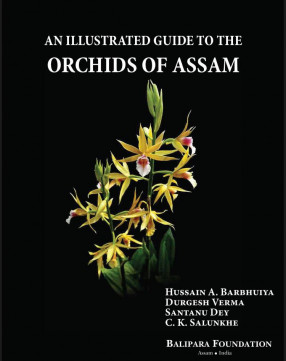



Bibliographic information
H S Madhusudana
G. Raju